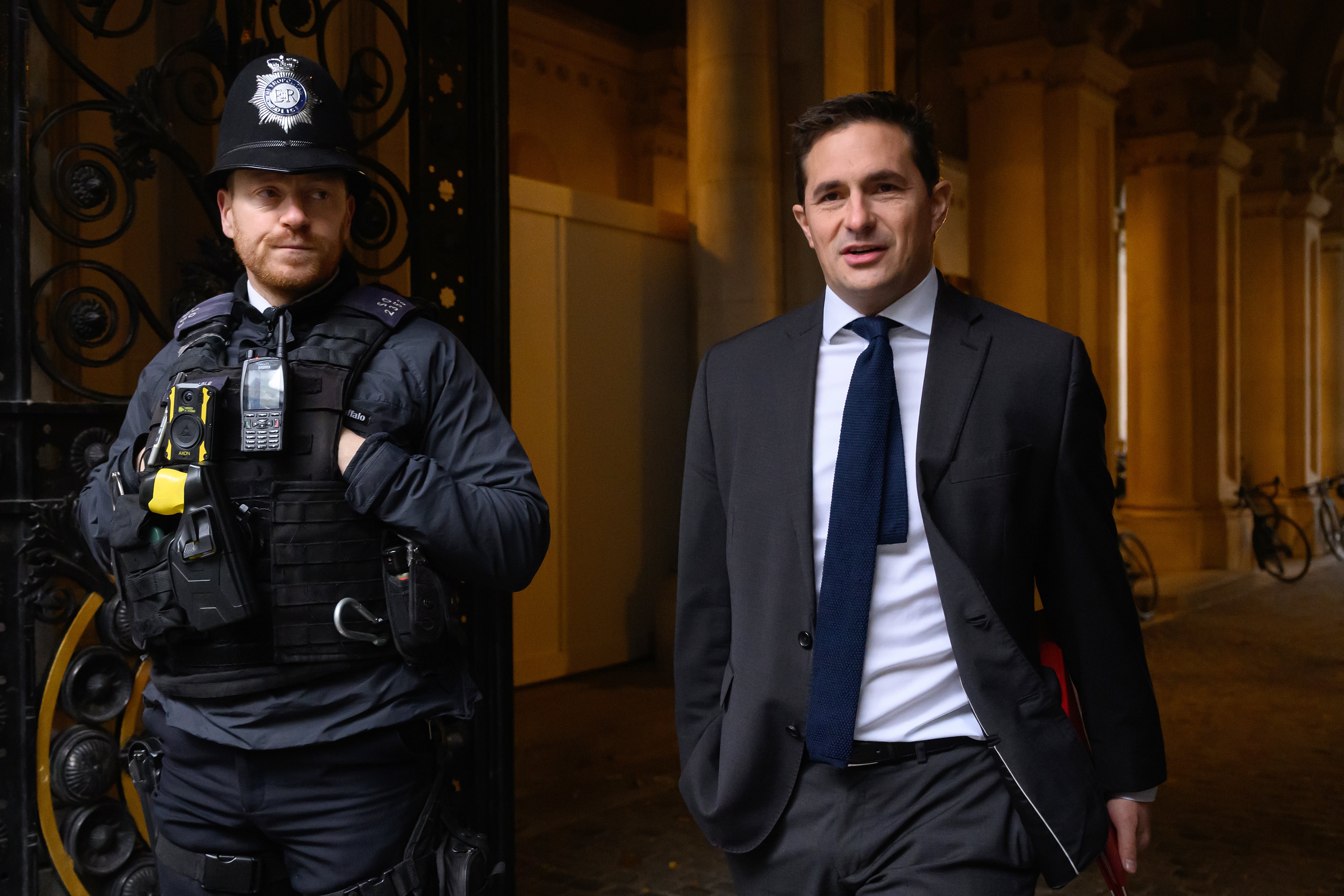The unresolved plight of the Afghan ‘Triples’ is a national disgrace
Editorial: After months of lobbying – in particular, by The Independent – the government’s veterans minister has finally conceded that hundreds of former Afghan special forces who fought on behalf of the West must be permitted to resettle in the UK. In this endeavour, he deserves the widest possible support

More than two years after the British had to hurriedly evacuate from Afghanistan, a shameful legacy of that conflict still lingers and haunts the nation: the Afghans we left behind.
That so many who signed up to help the allies are still languishing in jeopardy in Pakistan, and even in hiding in Afghanistan, is an unforgivable betrayal. The fact that the Taliban are certain to torture and kill them, and their families, if they ever got their hands on them should be proof enough of their service, direct or indirect, to the UK. When Britain needed them to fight the long and merciless war in Afghanistan – one whereby the West effectively invaded their country in the name of the “war on terror” – they were there for us. Now, all too often, we have not been there for them.
It is a continuing outrage, and one The Independent has proudly fought to put right.
We highlighted the appalling case of an Afghan air force officer with a distinguished, independently attested record of service as an ally of Britain, who had to come to the UK by small boat; he was left in limbo in a refugee hotel for many months before his case was satisfactorily resolved. After months during which various bureaucrats resisted this title’s call to honour our debt to a war veteran who fought with UK forces, the government capitulated, and did the right thing. Now, he and his family can look forward to building a new life in Britain. But far too many more are left in limbo.
These people, it hardly needs stressing, are not economic migrants, and they would still be happily living their lives in Afghanistan had 9/11 not happened, and the West, with UN approval, decided to pursue Osama bin Laden and remove his Taliban protectors. Whatever may be said of the motives and Allied conduct in that war, it was the West who sought local Afghan assistance on the battlefields and elsewhere – and it owes those Afghans who trustingly answered the call of freedom. In too many cases, that debt remains unpaid.
Recent reports stand as a stark reminder of how casually and badly former Afghan allies have been treated. They have been disgracefully neglected. The abandonment of Afghan ex-special forces personnel is only the most recent example of injustice. Hundreds of these special forces – known as the “Triples”, after their unit designations, Commando Force 333 and Afghan Territorial Force 444 – trained and led by their British counterparts, and operating in the same theatres of war, have had to flee to Pakistan. There they are uneasily tolerated by the local authorities, who have made no secret that they would rather they moved on, or are else deported back to Afghanistan.
Yet even now, and despite the successes of The Independent’s powerful campaign, ministers are still squabbling and failing to take responsibility. This week, the arguments broke out into the public domain. Challenged by the former army officer Dan Jarvis, now a Labour MP and shadow minister, the minister for veterans Johnny Mercer, also ex-Forces, did actually acknowledge that the “vast majority” of the Triples are likely to meet the criteria for the Afghan Relocations and Assistance Policy (Arap) – contrary to the story previously promulgated by the Ministry of Defence.
It is certainly no coincidence that Mr Mercer has served in Afghanistan. He has a reputation for outspokenness and candour – and, for this, he is now in unarmed combat with his own ministerial colleague, James Heappey.
As Mr Mercer remarked in parliament, the time has come for the quibbling, the sophistry and hypocrisy to end, and for someone with a bit of drive to cut through the pettifogging arguments: “This is a government effort, it’s not a single-led issue. This is a cross-government issue between Home Office, DLUHC (Department for Levelling Up, Housing and Communities) and [the Ministry of] Defence. I’ve been asked to oversee it by the prime minister, and that’s what I’m doing.”
Refreshingly, Mr Mercer, it seems, is the kind of politician who wants to do the right thing, and has the determination to see the task through. He deserves the widest possible support in his honourable endeavours.



Join our commenting forum
Join thought-provoking conversations, follow other Independent readers and see their replies
Comments